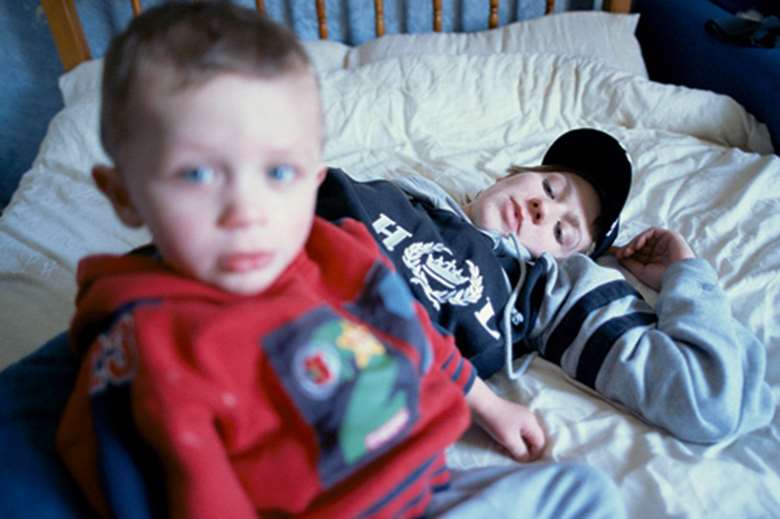Analysis projects rise in 'homeless' families
Nina Jacobs
Friday, August 11, 2017
There are 50,000 children living in 'homeless' households, with numbers projected to rise by a quarter over the next decade unless the government tackles the problem, analysis reveals.

A report by housing charity Crisis estimates there are 160,000 homeless households in the UK, 57,000 of which are ‘family' households (couples or lone parents) containing 50,000 children.
The report, based on analysis conducted for the charity by Heriot-Watt University, said that nearly all forms of ‘core' homelessness - which includes rough sleeping, sofa surfing, squatting, people living in hostels as well as those forced to sleep in cars or tents - had increased over the past five years.
"If current policies continue unchanged, the most acute forms of homelessness are likely to keep rising with overall numbers estimated to rise by more than a quarter in the coming decade and two and half times by 2041," the report states.
The analysis projects rough sleeping - currently at 9,100 - to rise to 16,000 by 2026 and 40,000 by 2041. The number of households in unsuitable temporary accommodation will rise from 19,300 now to 37,000 by 2026 and 117,500 by 2041. Sofa surfing is also expected to almost double from its current level of 68,000 but hostel use will remain static.
Based on the model, Crisis said a 60 per cent increase in new housing could reduce levels of homelessness by 19 per cent by 2036, while increased prevention work could reduce levels by 34 per cent in the same period.
Jon Sparkes, chief executive of Crisis, said: "We welcome the government's pledge to tackle rough sleeping and other forms of homelessness. Now's the time for action and long-term planning to end homelessness for good."
Councillor Judith Blake, housing spokesperson at the Local Government Association, said: "Councils want to end homelessness. As we have warned, councils are housing the equivalent of an extra secondary school's worth of homeless children every month.
"For families, rising homelessness is tragic. For councils housing homeless people, it is unsustainable.
"Homelessness is everyone's business, and councils need the help of health, employment, and housing partners to deliver ambitions to end it. In particular, councils need to be able to adapt the implementation of some welfare reforms to ensure there are housing options for people on low incomes."
Denise Hatton, chief executive for YMCA England & Wales, said: "It's no secret that a lack of housebuilding, high rents and increased deposit demands have put vulnerable young people at greater risk of homelessness, yet it's important that any financial investment into tackling the homelessness crisis addresses the issues that caused young people to sleep rough or be homeless in the first place.
"Without help to overcome mental and physical health problems and to gain meaningful employment, a roof over someone's head is often little more than a quick fix."
Crisis plans to publish a second report in the autumn examining ‘wider homelessness', including those at risk of homelessness or who had already experienced it such as households that had been served an eviction notice or placed in temporary accommodation.




